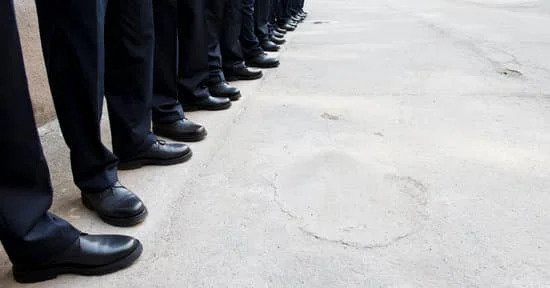Controlling behaviours at home
Public safety organizations are ‘military-like’ because they have ranks and a chain of command. They require PSP to obey orders and rely on teamwork and rigorous training. Behaviours and traits that allow PSP to do their jobs well are respected and valued by organizations. However, these behaviours can affect couple and family relationships when they spill over into home life. If a PSP is having a hard time detaching from the job, it might lead to more controlling behaviours at home. What PSP witness on the job can also affect their behaviours at home and cause them to be overprotective of their families. Authoritarian spillover is a term used to describe the carry-over of these controlling behaviours into the home.
Deprecated: Creation of dynamic property H5PWordPress::$plugin_slug is deprecated in /var/www/vhosts/dev.bravotango.ca/httpdocs/pspnet/wp-content/plugins/h5p/public/class-h5p-wordpress.php on line 74
Authoritarian spillover: How it happens
The effects of controlling behaviours on families
Try: Skill-building Exercises
Need Something More?
Check out our self-directed Spouse or Significant Other Wellbeing Course.
References for this page (click to expand)
Agocs, T., Langan, D., & Sanders, C. B. (2015). Police mothers at home: Police work and danger-protection parenting practices. Gender & Society, 29(2), 265-289. https://doi.org/10.1177/0891243214551157
Badawy, P. J. & Schieman, S. (2021). With greater power comes greater stress? Authority, supervisor support, and work-family strains. Journal of Marriage and Family 83(1):40-56. https://doi.org/10.1111/jomf.12714
Cheema, R. (2016). Black and blue bloods: protecting police officer families from domestic violence. Family Court Review, 54(3), 487-500. https://doi.org/10.1111/fcre.12226
Greenhaus, J. H., & Beutell, N. J. (1985). Sources of conflict between work and family roles. The Academy of Management Review, 10(1), 76-88. https://doi.org/10.2307/258214
Miller, L. (2007). Police families: stresses, syndromes, and solutions. The American Journal of Family Therapy, 35(1), 21-40. https://doi.org/10.1080/01926180600698541
Ricciardelli, R., Carleton, R. N., Groll, D., & Cramm, H. (2018). Qualitatively unpacking Canadian public safety personnel experiences of trauma and their well-being. Canadian Journal of Criminology and Criminal Justice, 60(4), 566-577. https://doi.org/10.3138/cjccj.2017-0053.r2
Sommerfeld, A., Wagner, S. L., Harder, H. G., & Schmidt, G. (2017). Behavioral health and firefighters: an intervention and interviews with Canadian firefighters. Journal of Loss & Trauma, 22(4), 307-324. https://doi.org/10.1080/15325024.2017.1284515
Tuttle, B. M., Giano, Z., & Merten, M. J. (2018). Stress spillover in policing and negative relationship functioning for law enforcement marriages. The Family Journal (Alexandria, Va.), 26(2), 246-252. https://doi.org/10.1177/1066480718775739
